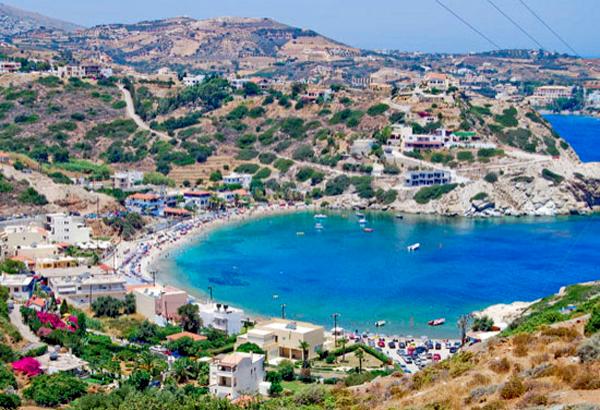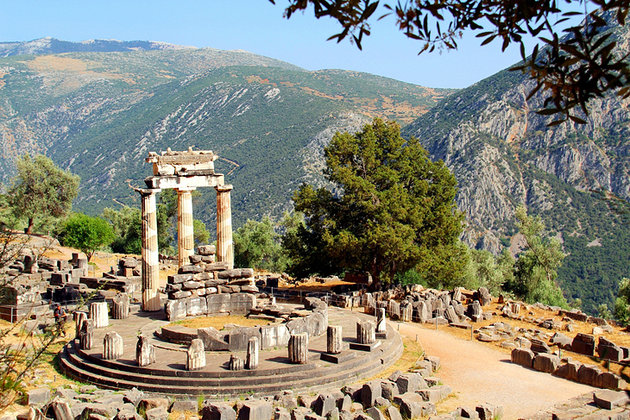5 Athens Mysteries

Recently, much pressure has been put on the shoulders of Greece because of the economic crisis and the way the Government has negotiated it. But certainly the cradle of European civilization deserves more praise than scorn for the outstanding legacy, for the beautiful Olympian legends, for philosophy, for democracy and nowadays, for excellent tourism at accessible prices. Today, we try to unravel 5 Athens Mysteries as we take a (virtual) stroll along the capital city of Greece.
Athens traces its origins back 5000 years! It has been populated for 3 millennia and is hailed as one of the oldest cities in the world.
No visit to Athens could ever be complete without the Acropolis, the sacred hill of the Greeks, where most of the country’s temples were built long ago. The Parthenon is a symbol of the city, dedicated to Athena the goddess of wisdom, from whom the capital derives its name.
As is the case with most ancient gods, Athena came to life through a process of religious syncretism, that is to say, she is the goddess of the Mycenaeans (protector of nature and fertility), Athena Polias (goddess of wisdom) and Athena Pallas (representing war and virginity – “parthenos”).
Athens is the most populated area of Greece, bringing together over 4.5 million souls. This means that 30% of the country’s population is crowded in 1% of its surface (which makes up the metropolitan area of Greece).
The number of foreign visitors coming to Greece per year revolves around 17.5 million people, outnumbering the country’s population.
The best way to negotiate Greece and particularly the crowded capital city is with Athens car rental, with a vehicle for hire at your service throughout your stay in the country of ancient gods, blue seas with welcoming seaside and great philosophies.





